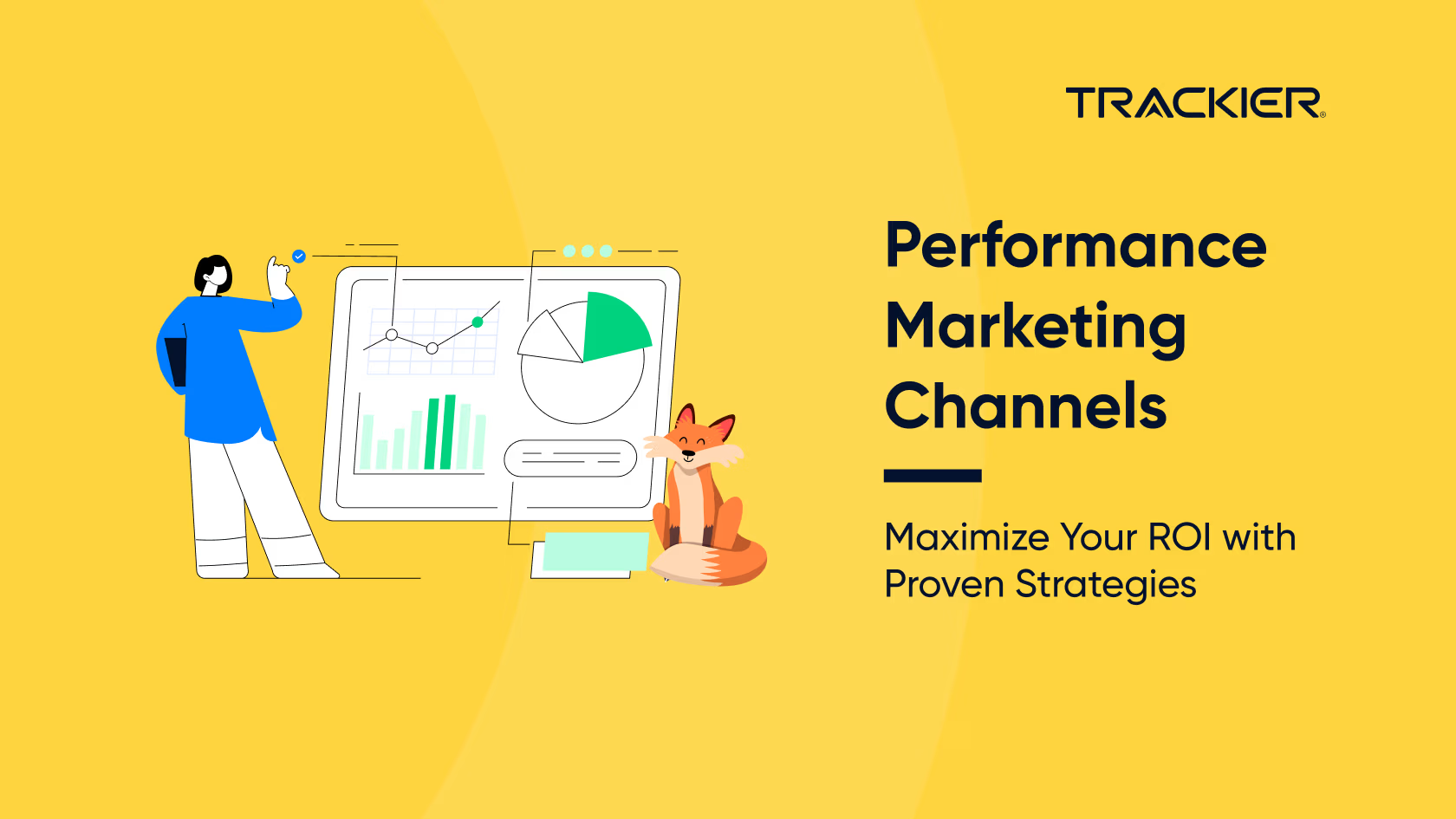Every marketing campaign is crafted with the intention of standing out from the competition. But is it possible to triumph the market in 2025 manually?
The answer is a big ‘NO.”
The market is now more about being strategic, logical, and targeted, rather than burning campaign money in a conventional direction.
This is where the role of automated marketing campaigns comes into play. But how does automation in a marketing campaign work? And how does that drive results? Let us understand it through this blog!
How Automated Marketing Campaigns Boost Performance?
In marketing, there are many things that are essential, however, their repetitive nature makes it dull and time-consuming for the team to carry them out.
Given the current scenario of surviving the competition, the marketing team is more expected to be strategic instead of burning time on tasks that do not require anything more than a command.
Automated marketing campaigns are provided with the right commands through best sales CRM that help in performing tasks like email follow-up, timely reminders, sequencing, etc.
Take, for example, the campaign of an e-commerce store. Customization or personalization is the key in marketing campaigns these days, but what if the creative team is busy just sending cart-related messages or emails? Who will then focus on writing compelling copy? Or making strategies to boost sales by product recommendations?
Automation helps the marketers to get rid of the repetitive tasks and invest their time in crafting stories to sell their products or services in a more optimized way.
Role of Data in Automated Marketing Campaigns
The marketing industry views data like how oil functions in the industrial sector. Data possesses worth only after refinement in a process similar to oil extraction from crude oil deposits. The entry point for automation becomes crucial at this moment. Marketers can develop individualized marketing experiences for their customers through real-time analysis tools.
In fact, 75% of businesses use at least one form of marketing automation, enabling them to personalize content and optimize campaigns using data-driven insights.
Imagine yourself running a fashion brand. By using automated marketing campaigns, your business can follow what products customers view for shopping along with their purchase activity and the peak shopping periods.
The acquired customer insights enable you to generate customized suggestions so you can send a winter coat to customers who face harsh weather conditions and tropical apparel to beach-bound customers. The automation system grants this level of accuracy that no human operator could achieve but delivers a heartfelt experience to each user.
Role of Empathy in Marketing Campaigns
Automation triggers widespread misunderstandings that it will convert marketing efforts into robotic operations. The opposite effect takes place because brands become better at showing empathy.
Marketers obtain additional time for understanding audience needs when they automate their recurring tasks. The employment of automated marketing campaigns still produces authentic customer touchpoints that can connect with their audience effectively.
Imagine a nonprofit organization trying to increase donation volume through its operations. Applying automated systems allows organizations to divide donors according to their donation records and generate empathetic, personalized gratitude messages. The donor gets valuable treatment, and thus, the organization creates enduring partnerships.
Technical efficiency helps enhance human connection rather than weakening emotional connections between subjects and their experience.
Why Automated Marketing Campaigns Improve ROI?
Every marketing decision needs to be answered whether investing in it will be profitable. Automation provides a firm affirmative response to every question. The combination of automation technology provides the best possible investment return because it both increases accuracy and produces better results while lowering human effort.
- Reduced Manual Effort: The Marketing staff obtains more time to conduct strategic initiatives because automation manages repetitive tasks, including email sequencing.
- Increased Accuracy: Automated tools help organizations get better precision in their targeting methods, segmentations, and timing execution, which results in fewer mistakes.
- Better Results: Automated email campaigns create 320% higher revenue output than manual ones, according to research, thus demonstrating their influence on business performance.
- Enhanced ROI: The automation of marketing functions leads to improved ROI because executives obtain precise results for each dollar spent.
Balancing Automation and Personalization: A Dilemma
The unquestionable advantages of automation require businesses to find appropriate implementation levels. When automation exceeds its proper limits, it generates bland campaigns, yet insufficient use fails to reach all available opportunities. Chain success becomes possible through the matched use of automation systems and personal human interactions.
Think of it as baking a cake. The automation system provides standardization as well as accuracy within operations, yet human creativity brings individual touchpoints to make it stand apart. Together, they create a masterpiece.
Conclusion
The modern era of automated marketing campaigns has established itself while awaiting its unchecked potential to unfold. Tools serve as more than implementation methods because they allow marketing to envision its future potential.
The power of automated marketing campaigns enables brands to optimize their work through enhanced connections, which results in improved outputs despite reduced workloads.
Through its combination of operational efficiency and human understanding, automated marketing campaigns present multiple ways for companies to expand their activities, improve user experiences, and generate revenue.
Looking ahead, businesses that embrace automation will find themselves with a clear competitive edge. Instead of spending valuable hours on repetitive manual tasks, teams can focus on high-level strategy, creative storytelling, and innovation. Automation does not replace human effort; it amplifies it.
The right balance ensures campaigns remain data-driven yet empathetic, efficient yet personalized. Brands adopting this approach can expect stronger customer loyalty, increased ROI, and sustainable growth in a crowded marketplace. Ultimately, automation is not just a tool, it’s the backbone of modern marketing success.
FAQs
1. What types of tasks can be automated in marketing campaigns?
Marketing automation can manage all your tedious tasks like email flows, social media scheduling, customer segmentation, lead nurturing, reminders, and reporting. It removes marketers from the manual actions associated with those tasks and allows them to concentrate on strategy, creativity, and connecting with customers while the campaigns consistently run across many channels.
2. Is marketing automation appropriate for small businesses?
Yes. Marketing automation benefits companies of all sizes. For small businesses, it decreases workload, continuously communicates with customers, and gets the best return on investment when working with smaller budgets. Automating emails like follow-ups and reminders or targeted campaigns allows small teams to be just as productive and effective as larger organizations through automation and effective resource utilization.
3. How can automating marketing tasks positively impact the customer experience?
Automation ensures customers are engaged in a timely, relevant and personalized way according to their behaviour. For example, reminders to return to your site for abandoned carts, seasonal product recommendation notifications, and thank yous establish and develop customer relationships. More conversions will occur with this approach, but most importantly, it creates a customer journey that is fluid, genuine, and easy for customer engagement that creates loyal customers in the long term. Automating these tasks will create an effortless customer experience with some positive outcomes.
4. Does automating too many marketing tasks carry risks?
Automating too much can lead to campaigns that lean toward impersonalized content, pacing and rote messaging. It is important to ensure that companies take into account the degree to which they are personalizing engagement. Anything too negative or repetitive will likely result in detached customer lose of interest. Therefore, companies must achieve a balance on automation: efficient automation against creative and humanization touchpoints in campaigns. If companies do not create this balance–campaigns run the risk of creating a disaffection in audiences once they appear unconnected and disingenuous impotentially, damaging customer connection.
5. Which industries see the most benefit from marketing automation?
Industries such as e-commerce, SaaS, BFSIs, travel, and nonprofits see benefits from automation. They depend on having to communicate in a timely manner and in a personalized way to convert potential customers. Whether they are sending product recommendations, subscription reminders or thank-you notes for donations, the benefits of automation provide streamlined operations, fewer manual errors, more revenue, and keep the campaign timely and customer-centric.



